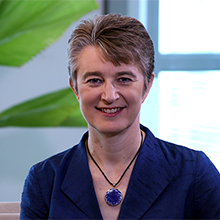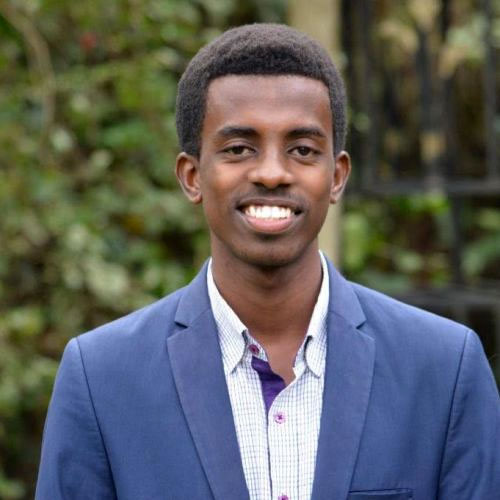The latest Africa’s Pulse shows the costs of climate change in the Sub-Saharan Africa region are significant, despite the region being the lowest contributor to global carbon emissions. In Tanzania too, as in many parts of the region, the poor and rural populations are particularly vulnerable to drought and flood impacts due to the heavy reliance on rain-fed sectors such as agriculture, livestock, and fisheries.
The World Bank is supporting Tanzania’s efforts to address climate-related challenges through some important initiatives. For example, the Resilient Natural Resources Management for Tourism and Growth (REGROW) Project supports Tanzania to enhance access to improved economic opportunities to enhance livelihoods, reduce vulnerability to climate shocks, and reduce pressure on natural resources, while the South West Indian Ocean Fisheries Governance Project has helped eliminate the destructive dynamite/blast fishing practices in Tanzanian coastal waters through effective monitoring, control, and surveillance.
Addressing climate change requires bold actions and massive investments across key economic sectors. Financing adaptation is still more cost-effective than frequent disaster relief. This event features a group of young, enterprising Tanzanians who will share their thoughts and experiences on how they have leveraged their voices and networks to bring important adaptation agendas in the country to the table and inspire actions from stakeholders.




